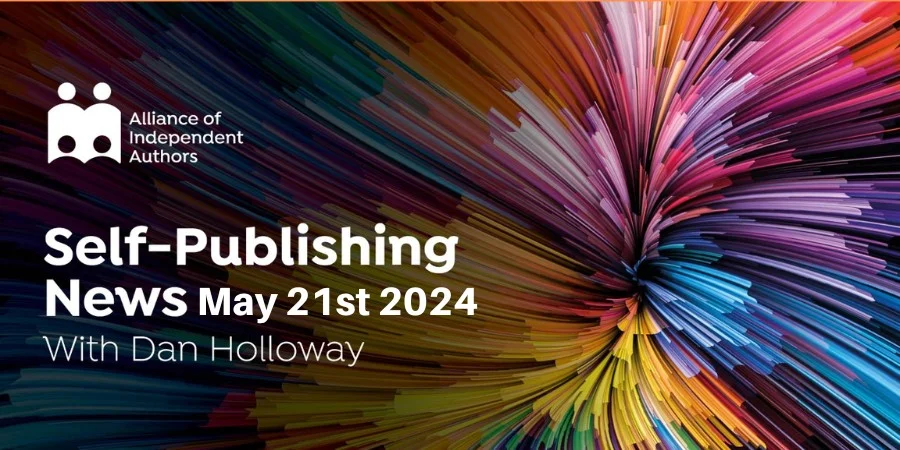
ALLi News Editor, Dan Holloway
This week’s AI-related news falls under the umbrella of “What could possibly go wrong?” (or perhaps more pertinently, “What were they thinking?”). The main news is that OpenAI disbands risk team.
The so-called “superalignment team” was tasked with ensuring AI didn’t run out of control. To help it carry out this essential role, it was promised a fifth of OpenAI’s total computing power. But as of last week, the team is no more, and its work will be folded into the portfolio of OpenAI’s various other research teams.
This comes as two other stories suggest a focus on risk is at least moderately important. First, the European Union has issued a warning to Microsoft under the newly minted Digital Safety Act. Microsoft has so far failed to respond to a request for information related to risks around its generative AI work, specifically the Image Creator and Copilot tools associated with Bing. If it fails to provide the requested information by May 27, it faces a fine equivalent to one percent of its annual revenue, a cool $2 billion.
What better time indeed for a giant tech company to disband its risk team!
The final story is highly relevant to us as creators and comes from a company that is no stranger to litigating against technology platforms. In legal terms, Sony is probably best known for its role in the assault on file-sharing site Napster in the early 2000s. Now, Sony Music’s lawyers have AI firmly in their sights. Specifically, they have sent letters to 700 companies warning them against using their music to train AI without consent. The letter recognizes AI’s creative potential but warns, “innovation must ensure that songwriters’ and recording artists’ rights, including copyrights, are respected.”
Like all creative industries, music is considerably smaller than technology. But it is decidedly larger than publishing. So all of us will be watching to see whether it can use some of that size to wrangle some wins for creatives everywhere. Or whether the tech industry, still antagonistic not just after Napster but more recently following battles involving the likes of Spotify, will go all out to assert itself.




